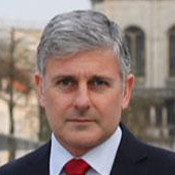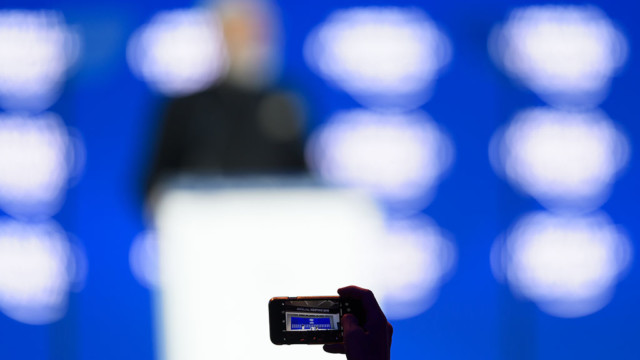The first day of the World Economic Forum comes to a close in Davos, and the speakers focused on the rise of isolationism and also gender inequality.
Those were the key points of speeches made by the Prime Ministers of India and Canada.
CGTN’s Jack Barton gives us the highlights from Davos.
India’s Prime Minister Narendra Modi took to the stage at Davos with a speech that effectively marked the official opening of the World Economic Forum.
Modi took aim at the sort of anti-globalization policies being trumpeted by U.S. President Donald Trump.
“Many societies and countries are becoming more and more focused on themselves. It feels like the opposite of globalization is happening. The negative impact of this kind of mindset and wrong priorities cannot be considered less dangerous than climate change or terrorism,” Modi.
It was a theme echoed by Canada’s Prime Minister Justin Trudeau, who made a major announcement on a trade deal the U.S. has pulled out of. “Canada and 10 other remaining members of the Trans-Pacific Partnership concluded discussions in Tokyo, Japan, on a new Comprehensive and Progressive agreement for Trans-Pacific Partnership,” Trudeau declared.
Trudeau also spoke at length about gender inequality and pressures many women still face in the workplace. “Me Too, Time’s Up, the Women’s March. These movements tell us that we need to have a critical discussion on women’s rights, equality and the power dynamics of gender,” Trudeau added.
U.S. President Trump is expected to give the closing speech on Friday with a message that’s likely to run contrary to the forum’s push for free trade and efforts to curb climate change. So far, though, it had been an upbeat forum with business confidence rising along with the economic recoveries from Europe to the United States.
But has the recovery led to a halt in rising inequality? According to the global charity Oxfam the answer is no. The group released a report to coincide with the forum stating that one percent of the world’s population now controls 82 percent of the wealth.
Kent Moors on the World Economic Forum and US tariffs on solar imports
CGTN’s Mike Walter spoke with Kent Moors from the Energy Capital Research Group, about the recent tariffs imposed on solar imports from the Trump administration.
 CGTN America
CGTN America
 A participant snaps a picture with his smartphone as Indian Prime Minister Narendra Modi delivers a speech at the opening day of the World Economic Forum (WEF) 2018 annual meeting, on January 23, 2018 in Davos, eastern Switzerland. ( AFP PHOTO / Fabrice COFFRIN)I
A participant snaps a picture with his smartphone as Indian Prime Minister Narendra Modi delivers a speech at the opening day of the World Economic Forum (WEF) 2018 annual meeting, on January 23, 2018 in Davos, eastern Switzerland. ( AFP PHOTO / Fabrice COFFRIN)I
